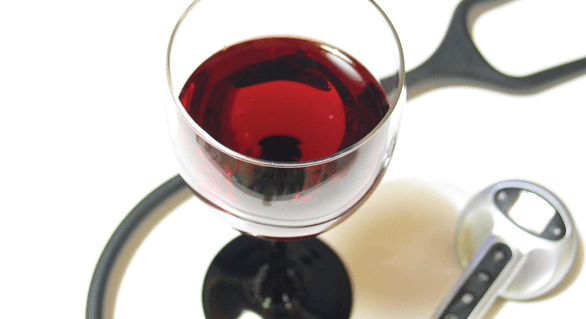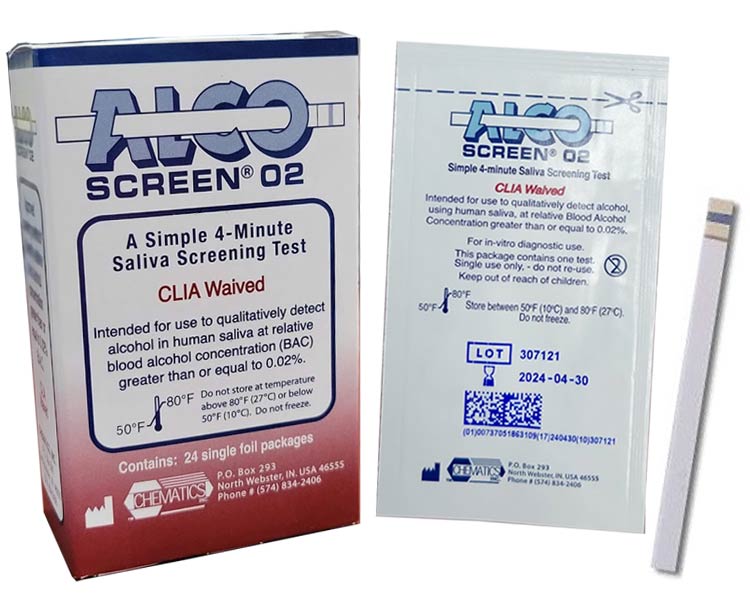Alcohol and Chronic Kidney Disease
When it comes to drinking alcohol, for anyone who can drink it safely, moderation is the key. Drinking too much alcohol—even for a completely healthy person—can cause heart disease, liver disease, high blood pressure and kidney disease, in addition to many other medical problems. Drinking too much alcohol can also impair judgment—and this could interfere with decision making related to remembering to take medicines and following fluid and diet guidelines.

For someone with healthy kidneys, doctors, scientists and recent studies suggest alcohol has benefits and risks. Some of the benefits of drinking alcohol include:
- a decrease in the risk of cardiovascular disease
- a decrease in the risk of diabetes
- warding off Alzheimer’s disease and other dementia
- reducing stress, anxiety and tension
- creating a more pleasant, carefree attitude
On the downside, drinking alcohol can:
- increase the chance of developing high blood pressure, which is the second leading cause of kidney disease
- interfere with medicines making it harder to control high blood pressure. Uncontrolled high blood pressure is more likely to damage kidneys
- cause more frequent urination, which can lead to dehydration
- prevent the kidneys from maintaining a proper balance of body fluids and minerals
- damage kidney cells changing the structure and function of the kidneys
Renal diets and alcohol
Moderate alcohol drinking may be okay for people with chronic kidney disease who are not on dialysis. However, it is best to first check with your doctor or renal dietitian to find out if alcohol is safe for you. If you are able to drink alcohol safely, your health care team will advise you on the types and amounts that are right for you.
If you are on dialysis, drinking alcohol may be allowable, but it must be counted within your normal fluid allowance and diet, and medicines must be taken into consideration. Talk to your doctor or renal dietitian before you drink to find out if alcohol will have a negative impact on your health.
For those with diabetes and chronic kidney disease alcohol may be safe to drink if you have your blood sugar level under control. After checking with your doctor or dietitian and getting the okay to drink, it is recommended that you drink with food or at mealtime. Alcohol on an empty stomach can cause blood sugar levels to drop in those with diabetes. Additional ingredients in mixed drinks may add carbohydrate that must be considered. You will also have to fit alcohol into your meal plan.
Alcohol has no nutritional benefit, but it does have calories. And calories from alcoholic beverages add up quickly. Make sure you take this into consideration when planning your daily menus.
Some medicines, both prescription and over-the-counter, may interact with alcohol. This interaction may cause the medicines not to work properly. There are other medicines that may cause your blood alcohol level to rise. Check drug labels and ask your pharmacist or doctor to review your medications to make sure alcohol will not be harmful with your medication.
Safe levels of drinking
The federal government’s Dietary Guidelines for Americans defines moderate drinking as:
- one drink per day for women and older people
- two drinks per day for men
The limits are different for men and women, because men usually weigh more and alcohol is processed differently by the sexes. Women tend to have a stronger reaction to alcohol. One reason is that women have less water in their bodies, so the alcohol becomes more concentrated. The risk for alcohol-related diseases (such as liver disease) is also higher in women than in men.
The following count as one drink and each contains the same amount of alcohol:
- 12 ounces of beer or a wine cooler
- 5 ounces of wine
- 1.5 ounces of 80-proof distilled spirits (whiskey, bourbon, scotch, vodka, gin, tequila, rum). Mixed drinks vary in size. Most include 1.5 ounces of distilled spirits
To drink or not to drink
Drinking alcohol can generally be done safely in moderation, even if you have chronic kidney disease, end stage renal disease or diabetes. Take caution, however, if you have high blood pressure. Also, be aware of ingredients and nutrient content of the beverage you choose to drink. Always check with your doctor or renal dietitian to make sure it is safe for you to drink alcohol. They will also let you know the right amount for you, so that you can enjoy an occasional alcoholic beverage and stay safe and healthy.
Related Articles
Back to Helpful Articles




 Alco-Screen 02 Alcohol Test Strips s a simple, one-step, 4-minute saliva screening test. DOT and Coast Guard Approved
Alco-Screen 02 Alcohol Test Strips s a simple, one-step, 4-minute saliva screening test. DOT and Coast Guard Approved 






